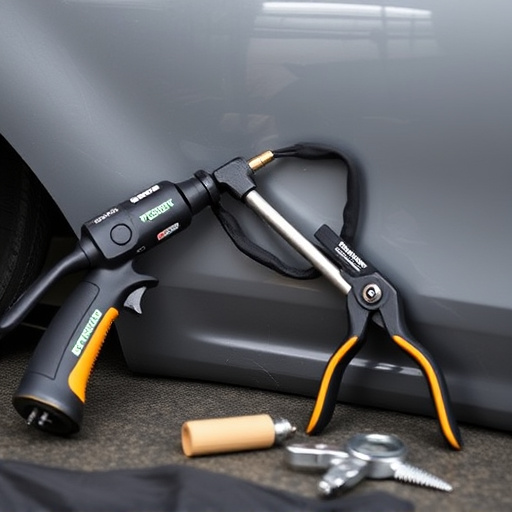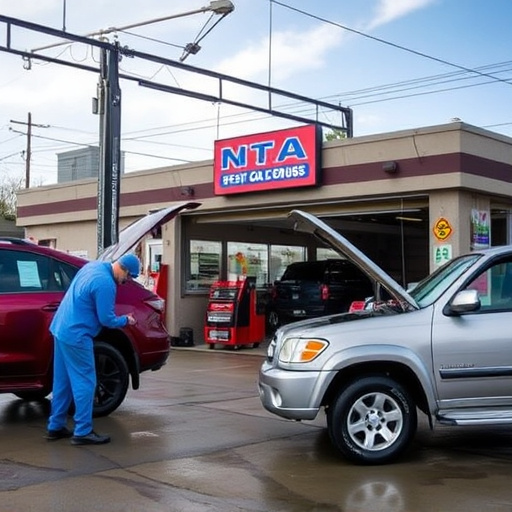Claim dispute resolution is a vital insurance management process that offers structured methods to handle disagreements, ensuring fairness for all parties involved. It starts with claims submission and involves guided discussions, evidence exchange, and negotiations via mediation, arbitration, or negotiation. This approach streamlines auto insurance claim settlements, reduces legal conflicts, saves time and resources, boosts customer satisfaction, and enhances operational efficiency. Strategic best practices include open communication to clarify issues and foster collaboration, as well as thorough documentation for clear record-keeping and fair agreements, particularly crucial in complex cases like autobody repairs.
Claim dispute resolution is a vital process in the realm of claims management, offering a structured approach to resolving conflicts. This efficient mechanism plays a pivotal role in expediting claim settlements, ensuring fairness and cost-effectiveness. By delving into this fundamental process, we uncover its profound impact on streamlining legal procedures and enhancing overall settlement outcomes. Explore proven strategies for navigating these disputes, enabling professionals to master effective claim dispute resolution.
- Understanding Claim Dispute Resolution: A Fundamental Process
- The Impact of Efficient Dispute Resolution on Claim Settlements
- Strategies and Best Practices for Effective Claim Dispute Resolution
Understanding Claim Dispute Resolution: A Fundamental Process
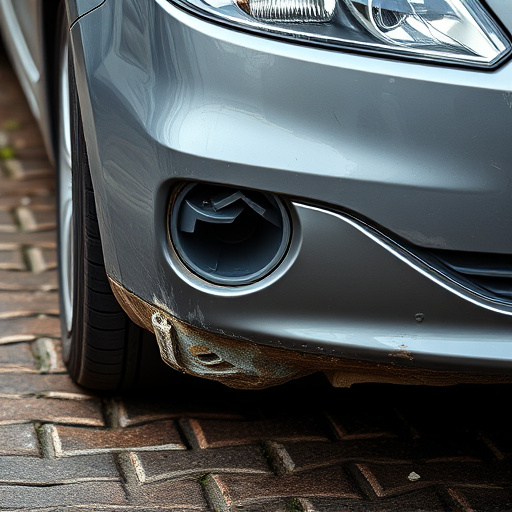
Claim dispute resolution is a fundamental process that serves as a cornerstone for efficient claim settlements. It involves a structured approach to address and resolve disagreements between parties regarding insurance claims, ensuring fair outcomes for all involved. When a claim is made, whether it’s for a fender bender accident resulting in auto glass replacement or complex vehicle body repair, the resolution process begins.
This mechanism provides a framework where stakeholders can present their cases, exchange evidence, and negotiate settlements. Skilled professionals facilitate these discussions, guiding parties towards mutually agreeable solutions. By employing techniques like mediation, arbitration, or negotiation, claim dispute resolution offers an alternative to lengthy legal battles. It aims to streamline the process, reduce costs, and foster relationships, ultimately leading to faster recoveries for claimants and more efficient operations for insurance providers.
The Impact of Efficient Dispute Resolution on Claim Settlements
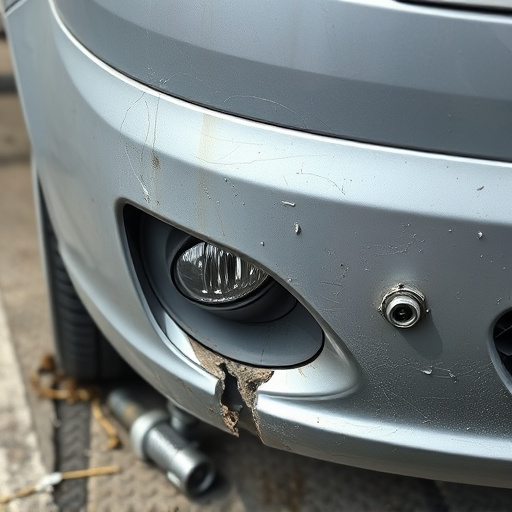
Efficient claim dispute resolution significantly streamlines the process of claim settlements, ensuring that disputes are resolved promptly and fairly. This is particularly crucial in sectors like auto insurance, where claims for repairs such as auto glass replacement or vehicle bodywork can be contentious. By implementing robust dispute resolution mechanisms, insurers can reduce the time and resources spent on navigating complex and often emotional conflicts.
This enhances customer satisfaction by providing swift closure to policyholders involved in claim disputes, whether it pertains to the quality of auto body repairs or other services. Moreover, efficient dispute resolution fosters a culture of trust and transparency between insurers and policyholders, encouraging proactive communication that can prevent future misunderstandings.
Strategies and Best Practices for Effective Claim Dispute Resolution
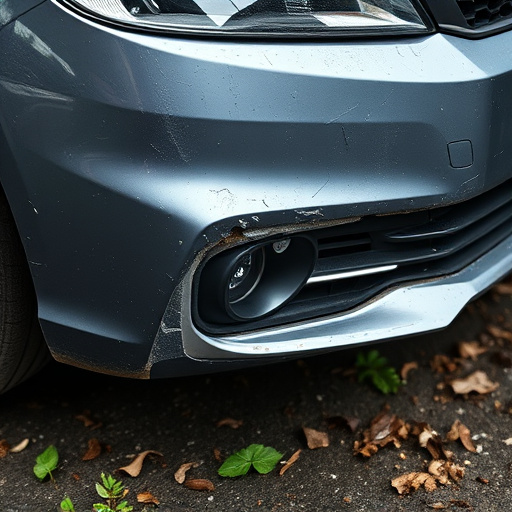
Effective claim dispute resolution is a strategic process that involves a series of best practices designed to reach fair and efficient outcomes for all parties involved. One key strategy is open communication, where stakeholders engage in transparent dialogue to clarify misunderstandings and identify common goals. This proactive approach fosters an environment conducive to collaboration, enabling quicker resolutions.
Additionally, documenting every step of the dispute resolution process is vital. Well-maintained records ensure a clear audit trail, providing evidence for any negotiations or agreements reached. For instances involving autobody repairs or car damage repair, detailed documentation can be especially crucial in establishing the extent and cause of damages, thus facilitating more precise claim settlements.
Claim dispute resolution is a vital process that significantly enhances the efficiency of claim settlements. By understanding its fundamentals, implementing effective strategies, and adopting best practices, organizations can streamline their dispute resolution processes, leading to faster resolutions, reduced costs, and improved relationships with stakeholders. Efficient claim dispute resolution not only saves time but also fosters trust and satisfaction among claimants, ultimately strengthening the overall claims management process.






